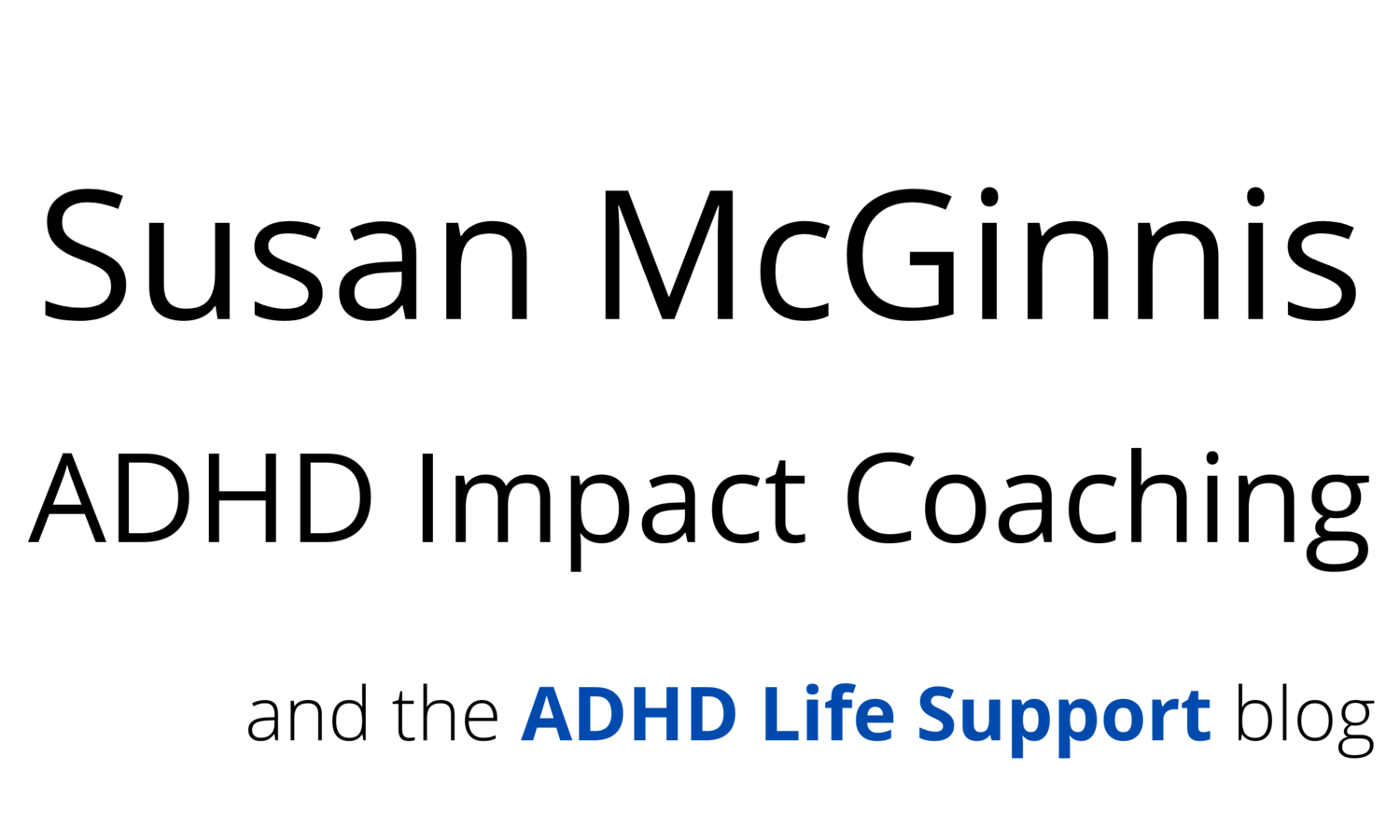Coaching for ADHD Frustration
Frustration is a feature of the ADHD experience, and a primary motivator for engaging an ADHD life coach.
As I thought about this, I looked up the Wikipedia entry for “frustration.” It turned out to be thought-provoking and clarifying - and yes, a pretty good description of what life with ADHD can be like.
Under “Causes,” I read
Frustration originates from feelings of uncertainty and insecurity which stems from a sense of inability to fulfill needs.[8] If the needs of an individual are blocked, uneasiness and frustration are more likely to occur. When these needs are constantly ignored or unsatisfied, anger, depression, loss of self-confidence,[9] annoyance, aggression, and sometimes violence are likely to follow.[10] Needs can be blocked two different ways; internally and externally. Internal blocking happens within an individual's mind, either through lack of ability, confidence, conflicting goals and desires, and/or fears. External blocking happens to an individual outside their control such as physical roadblocks, difficult tasks, or perceived waste of time, especially when those roadblocks or challenges were unexpected, or if the individual expected the goal to be easy to accomplish. Frustration is usually less when an individual expected, or knew beforehand, that the goal would be "challenging."
In my view, ADHD would represent both an internal and external block for self-efficacy - or, the ability to get your needs met. Wow, think about that - so that frustration is a pervasive condition of daily experience! And when expectations of life, of other people, create feelings of pressure, executive function becomes that much harder to access!
The entry continues, about how frustration is handled:
In positive cases, this frustration will build until a level that is too great for the individual to contain or allow to continue, and thus produce action directed at solving the inherent problem in a disposition that does not cause social or physical harm. In negative cases, however, the individual may perceive the source of frustration to be outside their control, and thus the frustration will continue to build, leading eventually to further problematic behavior (e.g. violent reaction against perceived oppressors or enemies).[12]
When I first encounter potential clients, their primary awareness is of their high level of frustration. By getting in touch with me, they are using positive action to get help for their feelings of frustration.
But - they don’t know in advance exactly how coaching sessions will help with their feelings of frustration. Sometimes, they think I can “fix” them so that things are easier. I can’t. The good news is, by researching support and reaching out, they are already doing the work. They are acting on a belief in change. What’s more, they aren’t broken - they are just figuring out that they work in a different way than the methods they are using are designed for.
The ability to find positive ways to work with frustration can be learned. As an ADHD coach, I incorporate education about ADHD to create recognition, to support awareness of what is happening. As awareness builds, important questions appear. How does a person know when their level of frustration is becoming too much? What are options for addressing feelings of frustration? What will help, to remember to access those options in the moment?
This is how cognitive skills for the self-management of ADHD are built. Problem-solving skills are engaged to directly address both the causes and responses to frustration. This approach changes the experience of living to one of scientific inquiry, using curiosity as a tool to get needs met.
ADHD Life Support is the blog of ADHD coach Susan McGinnis
of ADHD Impact Coaching, LLC
www.adhdimpactcoaching.com
